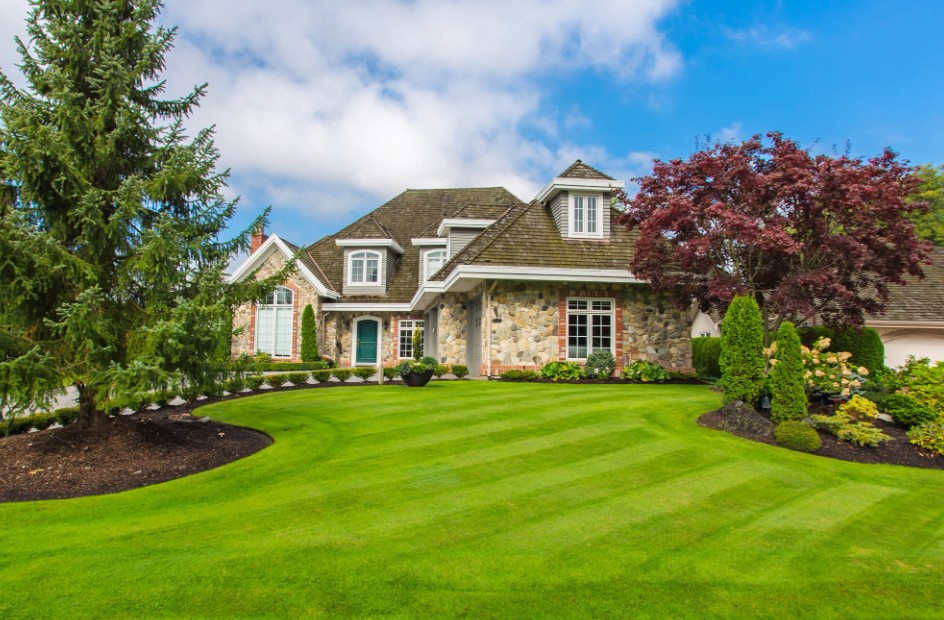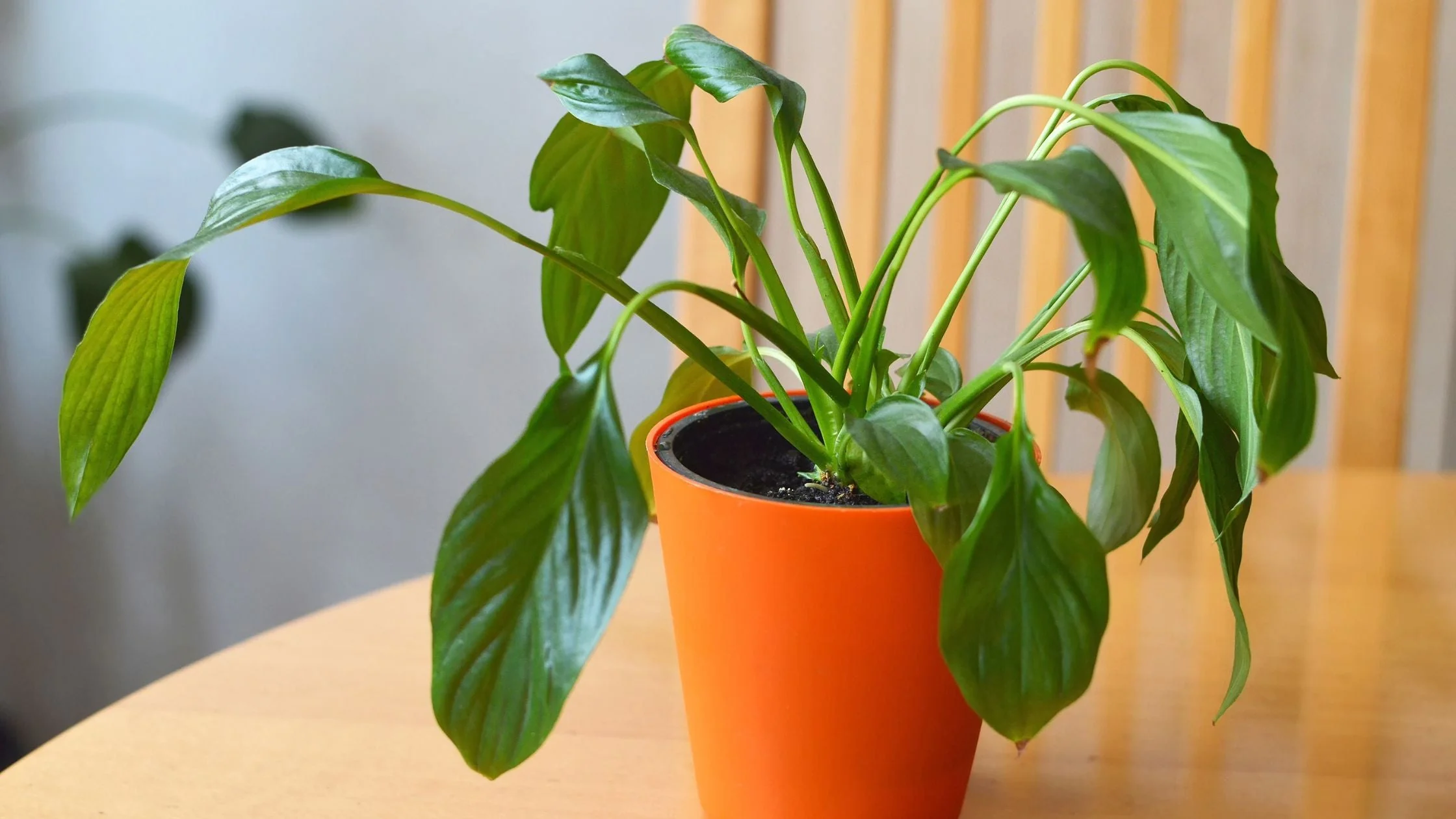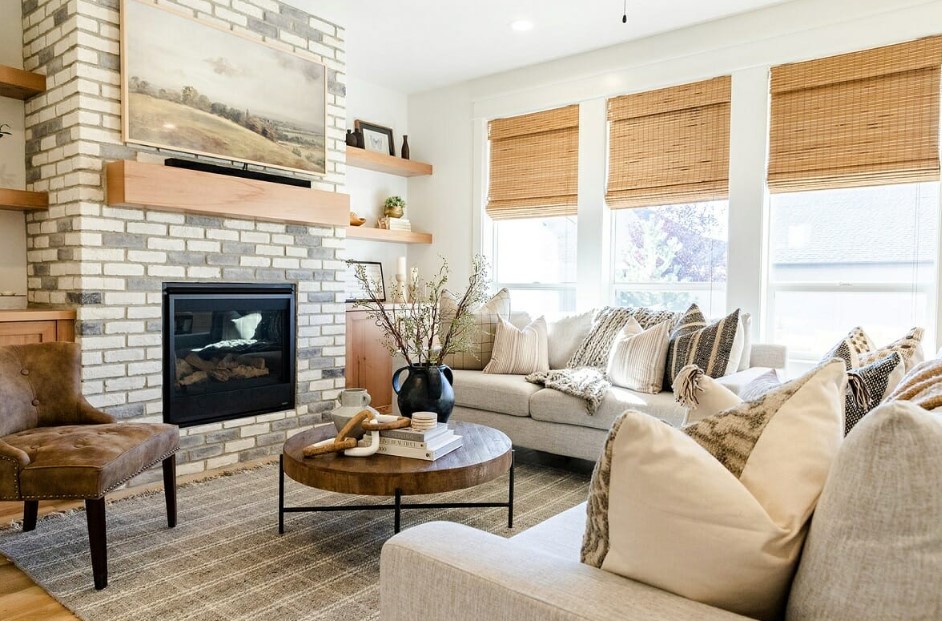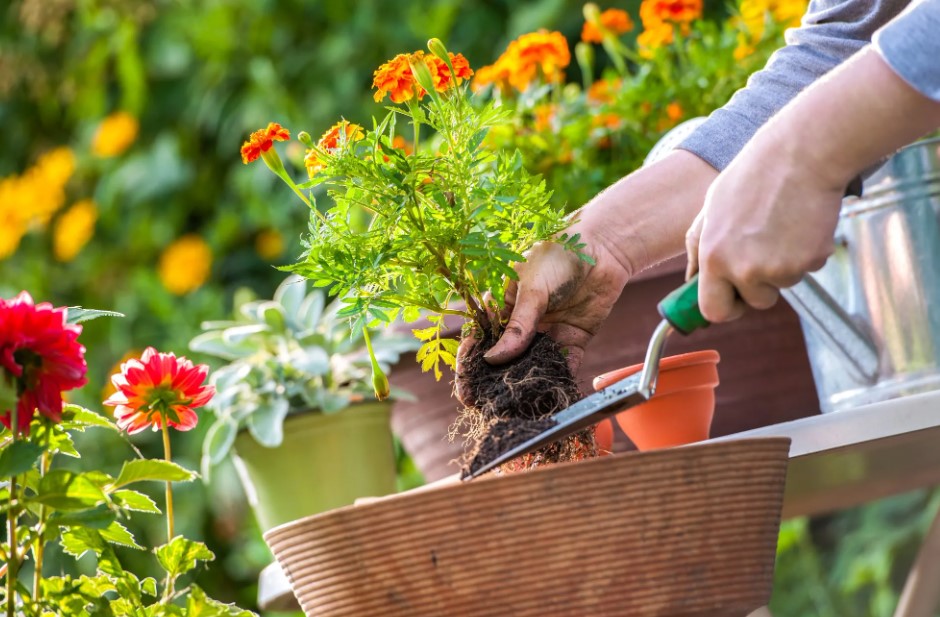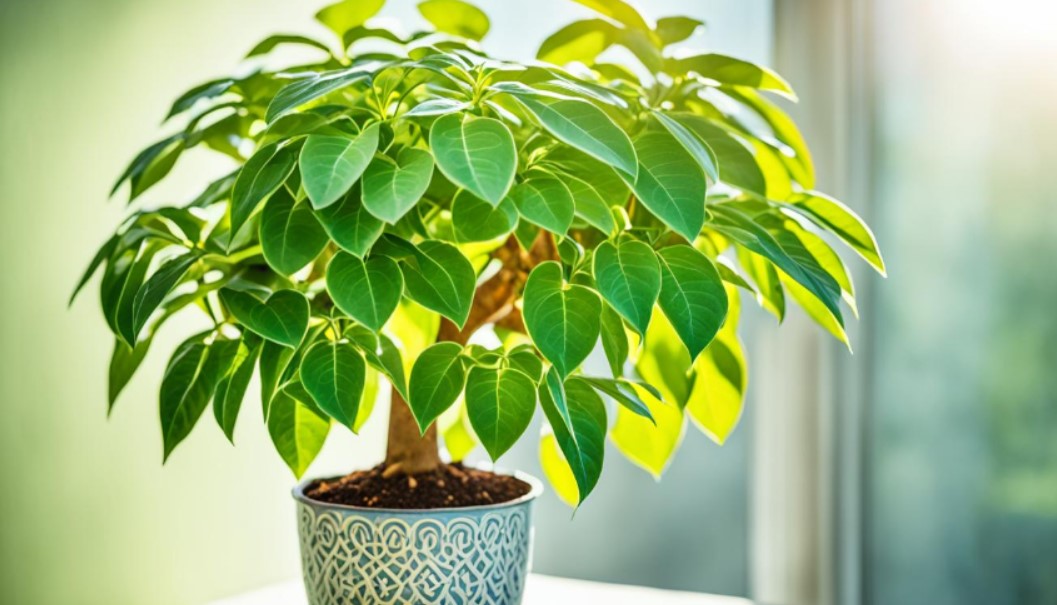Contents
Planting trees close to your house can add beauty, shade, and even increase the value of your property. However, not all trees are suitable for small spaces or near foundations. Choosing the right trees can prevent potential issues with roots, pests, or structural damage while still giving you the lush landscape you desire. In this guide, we’ll explore the best trees for small yards, ornamental options, and foundation-friendly varieties that can thrive close to your home.
Why Choose Trees That Are Safe to Plant Near Homes?
When selecting trees for close planting, it’s essential to consider root systems, growth patterns, and maintenance needs. Some trees have aggressive roots that can damage foundations, patios, or sidewalks. Others may grow too tall, blocking light or obstructing views. The right choice of tree will not only fit well into a compact space but will also require minimal upkeep and present little risk to your home’s structure.
1. Dwarf Trees for Small Spaces
Dwarf trees are an ideal option for those looking to plant trees close to their house. They offer all the aesthetic benefits of larger trees but without the overwhelming size. Popular dwarf varieties include:
- Japanese Maple
Japanese Maples are beautiful, small trees with stunning foliage that ranges from deep red to vibrant green. They’re perfect for small yards as they typically grow to a manageable height of around 10-15 feet and have shallow root systems. - Crabapple
Crabapple trees are compact and produce fragrant flowers in the spring, followed by small fruits that attract birds. They grow to about 15-20 feet, making them ideal for planting near houses or patios.
These small trees not only add charm to your landscape but also offer manageable maintenance, which is ideal for those with limited yard space.
2. Trees with Non-Invasive Roots
Choosing trees with non-invasive roots helps avoid the risk of damaging foundations or underground pipes. Some excellent options include:
- Dogwood
Dogwoods are well-loved for their delicate spring blossoms and bright red fall foliage. They have shallow roots and typically grow to about 15-25 feet, making them safe for planting close to your house. - Amur Maple
Amur Maples are small, colorful trees with non-invasive roots. They grow to around 15-20 feet and are perfect for small spaces or as a privacy screen for tight areas near homes.
These trees grow well near foundations and won’t interfere with underground structures, offering a stress-free planting option.
3. Evergreen Trees for Year-Round Greenery
Evergreen trees are popular choices for those who want greenery all year round. Certain types are suitable for small areas and can be planted near homes without worrying about rapid growth or invasive roots:
- Arborvitae
Arborvitae is a favorite for creating natural privacy screens. They come in various sizes, including dwarf varieties like the Emerald Green, which grows to about 10-15 feet. Their roots are compact and well-behaved, making them a safe choice near foundations. - Dwarf Blue Spruce
This compact evergreen reaches about 10-15 feet in height, providing year-round color. It’s perfect for planting close to homes because of its slow growth and manageable size.
These evergreens maintain their lush appearance through every season, enhancing curb appeal and offering natural privacy.
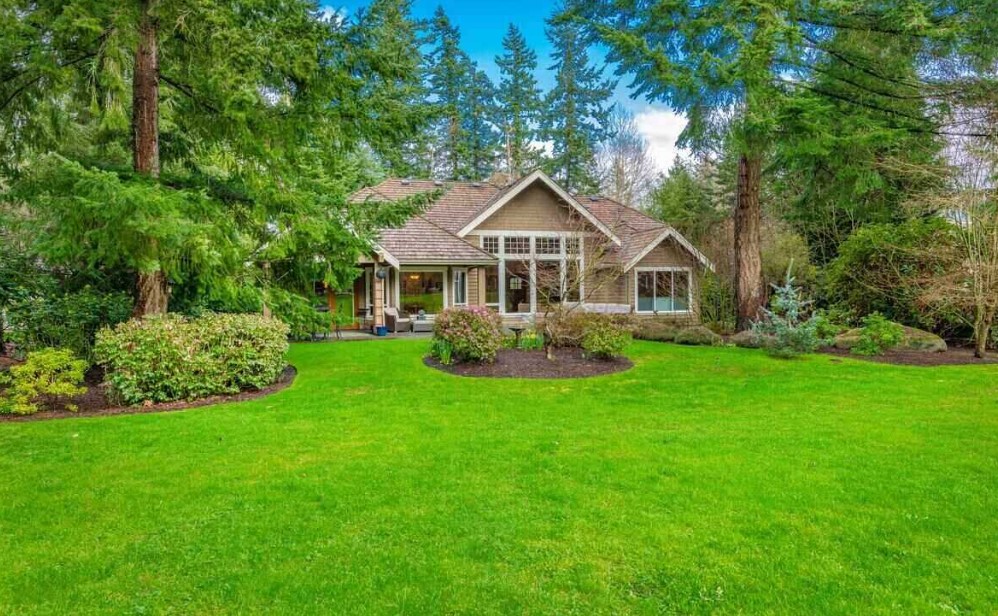
4. Ornamental Trees for Front Yards
Ornamental trees can add a unique touch to your landscaping without overwhelming your space. These trees often have eye-catching flowers, interesting bark, or striking foliage:
- Redbud
Redbud trees burst into vibrant pink or purple blooms in early spring. They grow to about 20-30 feet, with a compact root system that makes them suitable for planting near houses or sidewalks. - Serviceberry
Serviceberries are small, multi-stemmed trees that produce white flowers in spring, followed by berries that attract birds. They grow up to 15-25 feet, fitting well into small spaces without posing a risk to foundations.
Ornamental trees are ideal for adding visual interest to your front yard, creating a warm and welcoming entrance to your home.
5. Shade Trees That Won’t Damage Foundations
Shade trees provide relief from the heat, reduce cooling costs, and add a lush canopy to your yard. Here are some safe options that work well near homes:
- Japanese Snowbell
This tree features fragrant, bell-shaped flowers in late spring. Growing to about 20-30 feet, it has a non-invasive root system that makes it a safe option for close planting. - Sweetbay Magnolia
With its fragrant flowers and glossy leaves, the Sweetbay Magnolia is a beautiful shade tree. It typically grows to about 15-20 feet, with roots that won’t disrupt foundations or underground pipes.
These trees provide excellent shade and are less likely to interfere with home structures compared to larger shade trees like oaks or maples.
6. Privacy Trees for Small Gardens
If privacy is a priority, certain trees can act as natural screens without taking up too much space or causing problems with your home’s foundation:
- Holly Trees
Varieties like the American Holly or Dwarf Burford Holly grow tall and dense, making them ideal for privacy hedges. They’re also easy to shape and control, growing to about 10-20 feet. - Italian Cypress
Italian Cypress trees are tall and narrow, perfect for creating a privacy screen in small spaces. They grow to around 20-30 feet but have a slim profile, making them ideal for side yards or near fences.
These privacy trees provide a green barrier without overwhelming your yard or risking damage to your property.
Frequently Asked Questions
What trees should not be planted close to a house?
Trees with aggressive root systems, such as willows, poplars, and large maples, should not be planted close to a house. They can damage foundations, pipes, and other structures.
How far should a tree be planted from a house?
Generally, small trees should be planted at least 10 feet from a house, while medium to large trees should be planted at least 15-20 feet away to prevent potential issues with roots and branches.
Can trees improve property value?
Yes, trees can enhance property value by improving curb appeal, providing shade, and creating a more welcoming environment. However, choosing the right trees for your space is essential to avoid maintenance issues or property damage.
Are there trees that don’t drop leaves?
Yes, evergreen trees such as Arborvitae, Dwarf Blue Spruce, and Italian Cypress retain their leaves year-round, making them great for low-maintenance landscaping near homes.
Conclusion
Choosing the right trees to plant close to your house involves a balance of aesthetics, space, and safety. By selecting dwarf varieties, non-invasive root systems, and compact shade trees, you can enjoy all the benefits of having trees near your home without the headaches. Whether you’re looking to add privacy, boost curb appeal, or simply enjoy some greenery, there are plenty of tree options that can fit into small spaces and enhance your outdoor environment.
You May Also Read:

